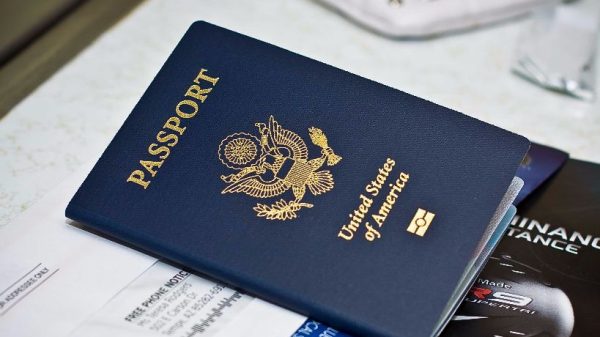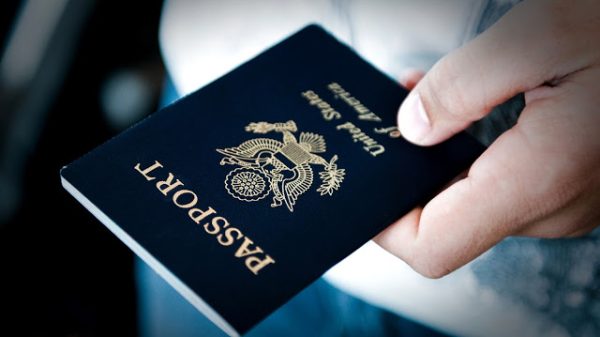Canada Labor Market Impact Assessment (LMIA)
The Labor Market Impact Assessment is a mandatory step in some (not all!) work permit applications for Canada.
The purpose of the LMIA is to prove that the Canadian employer made an initial attempt to recruit from Canada (a Canadian citizen or a permanent resident of Canada) to the position you plan to occupy, but did not succeed, with supporting evidence.
This LMIA must prove the need to hire you, a foreign worker, in the context of the labour shortage.
Which Canadian Work Permits Are Affected By The LMIA?
First of all, it should be clarified that the LMIA only concerns “closed” work permits, which are those work permits that require you to first find a job before linking you to a specific employer.
However, the “Open” work permits are not affected since they can be obtained without first having found a job. This work permit also gives you the possibility to change employers as many times as you want during your stay in Canada.
Examples of open work permits: the Working Holiday Permit (WHV), the open work permit as the spouse of a skilled worker and as the spouse of a student in Canada.
Closed Work Permits That Do NOT Require LMIA (International Mobility Program)
It is difficult to list here all the scenarios where you would not need to apply for an LMIA.
The LMIA exemption applies in cases that are due to international agreements, agreements between the federal government and a Canadian province, and very specific employment situations.
We will not cite all the permits issued by the International Mobility Program, but here are the most famous once are shown below;
- The Young Professionals and Internship Co-op Internship permits – Exemption C21.
- The Mobilité francophone program (outside Quebec) – Exemption C16.
- The work permit for holders of a selection certificate for Quebec (CSQ) – Exemption A75.
- The work permit for a person who comes to work in Canada in the context of a transfer within his company – Exemption C12.’
Documents Required for LMIA
If the employer needs an LMIA, they must apply for it. Once the employer receives the LMIA, the worker can apply for a work permit.
So to apply for a work permit, a worker must have the following documents;
- A letter of offer of employment;
- Contract
- A copy of the LMIA;
- The LMIA number.
How to Apply For LMIA
Here is the application process for an LMIA that does not include the names of the workers;
- The employer submits an LMIA application without completing the “Foreign Worker Information” section or indicating “information not available”.
- Since this is the same assessment as a normal LMIA application, the application must be accompanied by all required supporting documents.
- Employers must continue to make efforts to recruit Canadians and permanent residents until the names of foreigners are provided.
- ESDC / Service Canada verifies whether the LMIA application meets the criteria for an LMIA.
- If the result of the assessment is positive, a positive LMIA letter titled “Labor Market Impact Study which does not include names of workers” will be sent to the employer for several positions and a fixed term of employment. This letter will be accompanied by a “Model form relating to the names of foreign workers”.
- As soon as the employer is aware of the names of the workers, the employer must complete the “Model Form for the Names of Foreign Workers” and submit it to ESDC / Service Canada.
- ESDC / Service Canada will add the names of workers to the system and issue a formal positive LMIA letter to the employer within 5-10 business days. The official positive LMIA letter will keep the same due date indicated in the “Labor Market Impact Study which does not include the names of the workers”.
How Much Does An LMIA Cost?
This process costs CA $ 1,000 and it is the employer who pays these costs. Note that an employer cannot “force you to pay for the expenses he paid for your hiring”.
Also, if the LMIA request is negative (request refused by ESDC), the employer cannot obtain a refund.
Note: If you are eligible for a work permit that does not require an LMIA, note that your employer will generally have to pay an “employer compliance fee” which amounts to C $ 230.
In rare cases, however, it may be exempted from paying these fees. On your side, you will have to pay work permit fees and biometric collection fees (respectively CA $ 155 and CA $ 85).
For EIC (Young Professionals and Internship) permits, these fees are slightly lower (CA $ 153 + $ 85, or CA $ 238 in total).
What Are The Processing Times For An LMIA Application?
It can take anywhere from a few weeks to several months to process an LMIA application. Processing times vary depending on the hiring program. It could range from 2 and a half weeks to around 3 months.
LMIA Validity
If the LMIA is approved, it is valid for 6 months for the employer. Your employer must provide you with a copy since you will need it to submit your work permit application.
Conclusion
I believe that this article has covered everything you should know about the Canada labour market impact assessment (LMIA).
So, ensure that you share your new knowledge with your colleagues online. You can do this by making use of the social share buttons below. Thanks.















